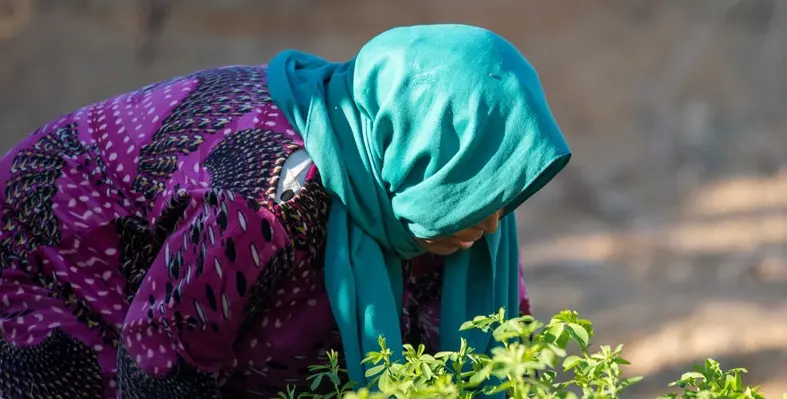CNH recently announced its partnership with Oxfam to support two social projects in Tunisia and South Africa
The two projects namely, the Sumud Project and the Social Factory Initiative are aligned with the United Nations Sustainable Development Goals (SDGs), particularly SDGs 8, 10 and 12. While the former project is focused on micro, small and medium sized farms in Tunisia, the latter is dedicated to creating a new model for plastic recycling and social inclusion in South Africa.
The Sumud project will aid with implementing resilience and development plans for micro, small, and medium enterprises (MSMEs) as well as social enterprises, led by the youth, women and disabled people. The objective of this project is to support around 1,000 people in the most vulnerable Tunisian communities. The project is spread over a total duration of three years and is focused mainly on promoting sustainable and inclusive economic growth in the governorates of Sfax, Mahdia, Siliana, and Tozeur.
Financial, technical and training support for these businesses will be provided by CNH and Oxfam Italy. Moreover, this initiative is also suported by several private and public Italian bodies and Tunisian associations including Fondazione AVSI and APAD (Association for Sustainable Agriculture), among others. It is also co-financed by the Italian Agency for Development Cooperation.
CNH will actively involve in the project selection phase of agricultural enterprises and provide its expertise and technology, as well as training and coaching programmes to support participants- development and promote the socio-economic integration of youth and women.
"We believe that there’s no economic, social, and environmental justice without gender justice. This is why through our programmes we work to ensure that women and girls are able to defend their rights and build a better future for themselves," said general director of Oxfam Italy, Roberto Barbieri. "Thanks to CNH's contribution in our SUMUD project in Tunisia we are aiming to positively change the lives of women agricultural entrepreneurs and local communities."
The Social Factory project on the other hand, is based in the South African city of Ekurhuleni and will focus on the development of skills and job creation in waste collection. Given the challenging working conditions of waste colectors in South Africa, the project aims to provide direct support to 1,200 people, while also improving the living conditions of more than 300,000 people and households.





